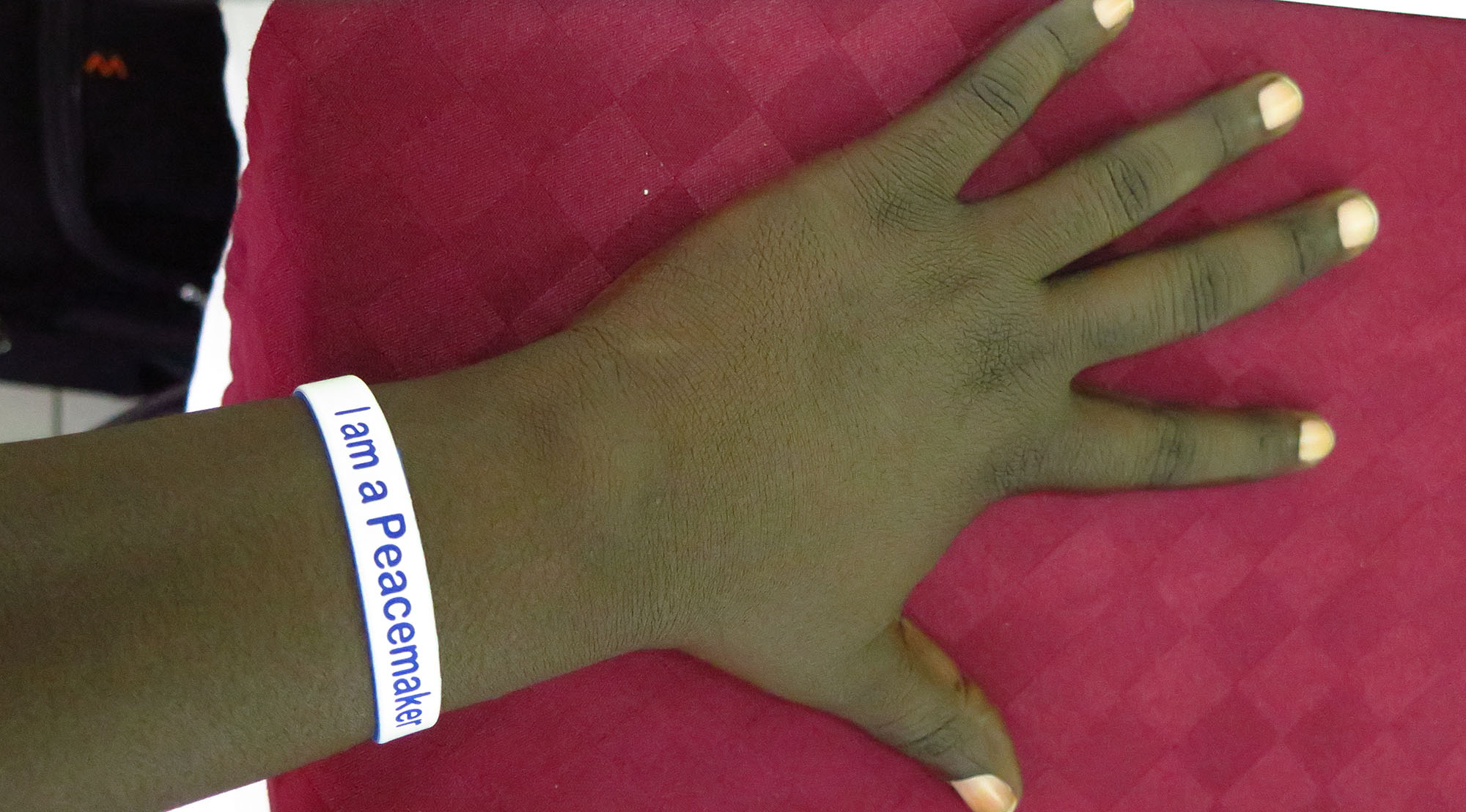South Sudan has descended into chaos and is suffering from a famine at the moment, but neither the government nor the opposition are expected to bring peace to the country. The public institutions are weak and people are asking themselves how the young country is to escape this vicious circle.
The churches in South Sudan have not yet given up their hope of peace and, unified in the South Sudan Council of Churches, have started a nationwide peace initiative – the “Action Plan for Peace.” The Council of Churches is currently the only institution left in South Sudan that enjoys the trust of the whole population. It sets an example of cooperation beyond ethnic boundaries and ensures neutral peace mediation and reconciliation work. It achieves this through its nationwide network of ecclesiastical structures, employees, and Christian communities.
The aim of the action plan is to promote a holistic peace process by mobilizing the public and supporting political peace processes on a national and international level. A further objective is to set up neutral forums for meetings and dialog between representatives of different sides of the conflict, launch a large-scale reconciliation campaign among the population with trauma work and conflict mediation, and strengthen local organizations that participate in the peace process.
This plan is backed by Mission 21 as well as other international institutions and ecclesiastical organizations and it is regarded as the last chance for peace in South Sudan. In June, the World Council of Churches in Nairobi is inviting representatives from all over East Africa to a conference in order to find ways for the religious communities in the Horn of Africa to successfully step up the efforts for peace and justice and overcome the famine. The South Sudanese churches’ peace initiative could be a promising example.


